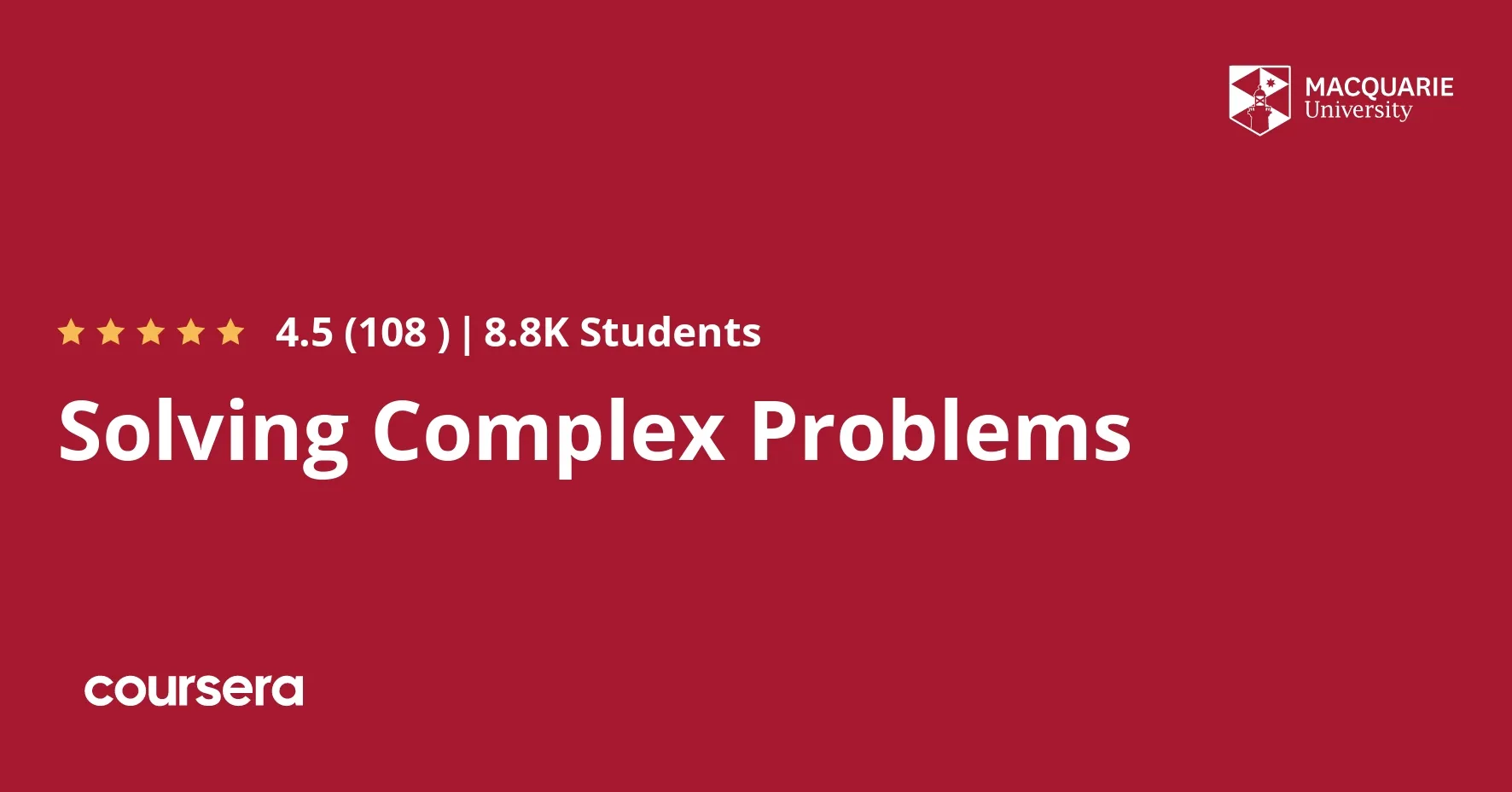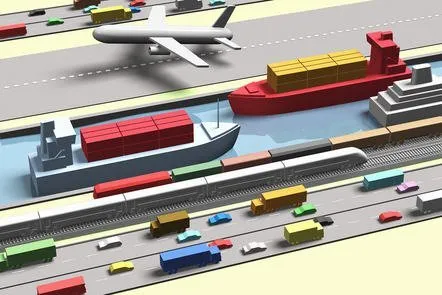
Procurement and Logistics Management 
This course is part of the edX Professional Certificate program Certified Supply Chain Analyst (CSCA), offered by ISCEA. It provides learners with the knowledge and skills necessary to pass the ISCEA Certified Supply Chain Analyst (CSCA) Exam on edX and become an ISCEA Certified Supply Chain Analyst. The course covers topics such as procurement and logistics management. ▼
ADVERTISEMENT
Course Feature
![]() Cost:
Cost:
Free
![]() Provider:
Provider:
Edx
![]() Certificate:
Certificate:
Paid Certification
![]() Language:
Language:
English
![]() Start Date:
Start Date:
Self paced
Course Overview
❗The content presented here is sourced directly from Edx platform. For comprehensive course details, including enrollment information, simply click on the 'Go to class' link on our website.
Updated in [March 06th, 2023]
The Procurement and Logistics Management course is designed to provide learners with the foundational skills to manage the flow of materials and goods throughout the supply chain. Learners will explore the specifics of sourcing, supplier assessment, collaboration, contract management, purchase order management, EDI, and Flow Technology. The course will also address the issues, benefits and assessments of Materials Requirement Planning - MRP.
In addition, learners will gain an understanding of both manufacturing and logistics management, including inventory and transportation designs, technologies, modes, and performance. The course will conclude with a focus on warehousing and distribution best practices.
This course is part of the ISCEA CSCA - Certified Supply Chain Analyst - Internationally Recognized Certificate and is a requirement for becoming ISCEA certified. Upon successful completion of all three preparatory courses and passing the CSCA Exam, learners will become an ISCEA Certified Supply Chain Analyst (CSCA).
[Applications]
Upon completion of this course, students can apply their knowledge to the procurement and logistics management of their organization. They can use the skills they have learned to develop and implement strategies to improve the flow of materials and goods throughout the supply chain. Additionally, they can use the knowledge they have gained to assess and manage suppliers, create and manage contracts, and develop and implement best practices for inventory and transportation management. Finally, they can use their understanding of warehousing and distribution to ensure the efficient and effective delivery of goods.
[Career Paths]
Job Position Paths:
1. Procurement Manager: Procurement Managers are responsible for overseeing the purchasing of goods and services for an organization. They are responsible for researching and evaluating suppliers, negotiating contracts, and managing the procurement process. They must also stay up to date on industry trends and developments in order to ensure the organization is getting the best value for its purchases. This role is expected to grow in the coming years as organizations look to optimize their supply chain and reduce costs.
2. Logistics Manager: Logistics Managers are responsible for overseeing the transportation and storage of goods and materials. They are responsible for developing and implementing efficient logistics strategies, managing inventory, and ensuring that goods are delivered on time and in the right condition. This role is expected to grow in the coming years as organizations look to optimize their supply chain and reduce costs.
3. Supply Chain Analyst: Supply Chain Analysts are responsible for analyzing data and developing strategies to improve the efficiency of the supply chain. They are responsible for researching and evaluating suppliers, analyzing data to identify trends and opportunities, and developing strategies to optimize the supply chain. This role is expected to grow in the coming years as organizations look to optimize their supply chain and reduce costs.
4. Warehouse Manager: Warehouse Managers are responsible for overseeing the storage and distribution of goods and materials. They are responsible for managing inventory, ensuring that goods are stored and distributed in a timely and efficient manner, and developing strategies to optimize the warehouse operations. This role is expected to grow in the coming years as organizations look to optimize their supply chain and reduce costs.
[Education Paths]
1. Bachelor of Science in Supply Chain Management: This degree program provides students with the knowledge and skills to manage the flow of materials and goods throughout the supply chain. Students learn about procurement, supplier assessment, collaboration, contract management, purchase order management, EDI, and Flow Technology. They also gain an understanding of Materials Requirement Planning (MRP), inventory management, transportation, warehousing, and distribution. This degree is becoming increasingly popular as businesses recognize the importance of efficient supply chain management.
2. Master of Science in Logistics and Supply Chain Management: This degree program provides students with an in-depth understanding of the principles and practices of logistics and supply chain management. Students learn about the design, implementation, and management of supply chain systems, as well as the use of technology to optimize supply chain performance. They also gain an understanding of the global supply chain, including international trade regulations, customs, and logistics. This degree is becoming increasingly popular as businesses recognize the importance of efficient global supply chain management.
3. Master of Business Administration in Supply Chain Management: This degree program provides students with the knowledge and skills to manage the flow of materials and goods throughout the supply chain. Students learn about procurement, supplier assessment, collaboration, contract management, purchase order management, EDI, and Flow Technology. They also gain an understanding of Materials Requirement Planning (MRP), inventory management, transportation, warehousing, and distribution. This degree is becoming increasingly popular as businesses recognize the importance of efficient supply chain management.
4. Doctor of Philosophy in Supply Chain Management: This degree program provides students with an in-depth understanding of the principles and practices of supply chain management. Students learn about the design, implementation, and management of supply chain systems, as well as the use of technology to optimize supply chain performance. They also gain an understanding of the global supply chain, including international trade regulations, customs, and logistics. This degree is becoming increasingly popular as businesses recognize the importance of efficient global supply chain management.
Course Provider

Provider Edx's Stats at AZClass
This course is part of the edX Professional Certificate Program Certified Supply Chain Analyst offered by ISCEA. It provides learners with the necessary knowledge and skills to pass the ISCEA Certified Supply Chain Analyst exam on edX and become an ISCEA Certified Supply Chain Analyst. Participants will learn about procurement and logistics management from this course, including understanding the process of sourcing and evaluating suppliers, as well as the benefits of collaboration and contract management. Learners will also learn about MRP issues, benefits and assessments.
Discussion and Reviews
0.0 (Based on 0 reviews)
Explore Similar Online Courses

Solving Complex Problems

Introduction to RISC-V

Python for Informatics: Exploring Information

Social Network Analysis

Introduction to Systematic Review and Meta-Analysis

The Analytics Edge

DCO042 - Python For Informatics

Causal Diagrams: Draw Your Assumptions Before Your Conclusions

Whole genome sequencing of bacterial genomes - tools and applications

Simulation for Logistics: An Introduction

Sustainability and Green Logistics: An Introduction


Start your review of Procurement and Logistics Management